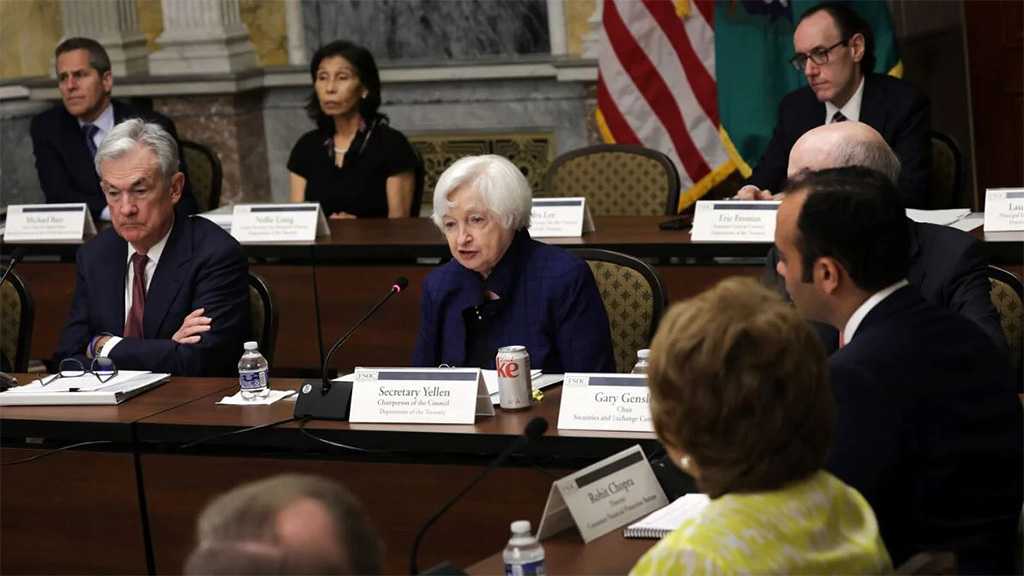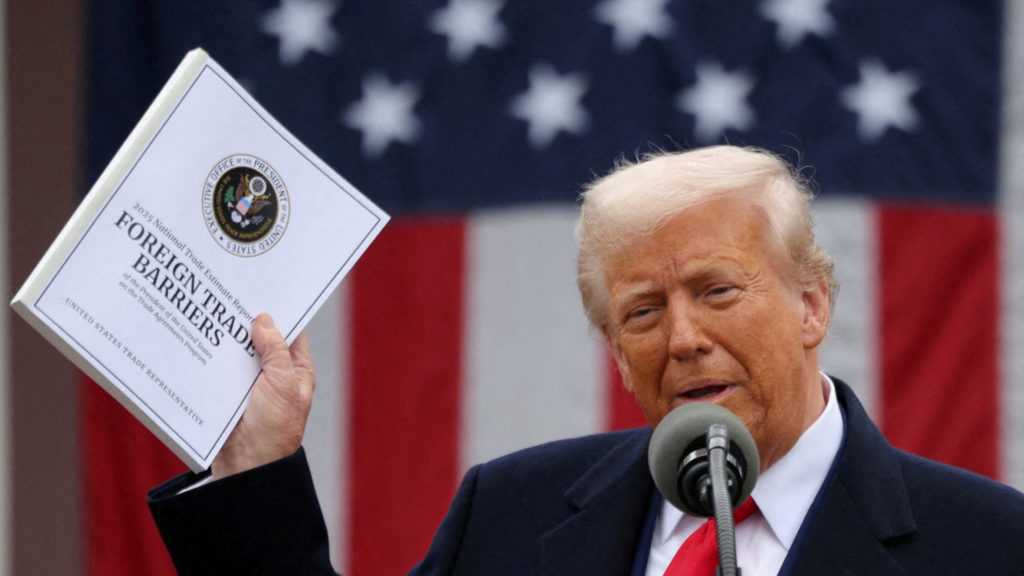US May Default on Debt as Soon as June 1st

By Staff, Agencies
It’s still likely that the US could default on its obligations early next month – possibly as soon as June 1 – if Congress doesn’t act, Treasury Secretary Janet Yellen reiterated Monday.
The looming deadline is keeping the pressure high on House Republicans and the White House to bridge their differences and address the debt ceiling in the coming days. President Joe Biden is expected to meet again on Tuesday with House Speaker Kevin McCarthy and other top congressional leaders.
“With additional information now available, I am writing to note that we still estimate that Treasury will likely no longer be able to satisfy all of the government’s obligations if Congress has not acted to raise or suspend the debt limit by early June, and potentially as early as June 1,” Yellen wrote to McCarthy.
Still, the actual date could be a number of days or weeks later, depending on how much revenue the federal government collects and how much it has to pay out in coming weeks, Yellen said. She will update Congress next week as more information becomes available.
Yellen’s missive comes two weeks after she first warned that the so-called X-date, when the US would default, could come as soon as June 1. That accelerated timetable sparked a meeting last week between Biden and the top four congressional leaders after months of talks being at a standstill.
Several forecasters had thought that Treasury would be able to continue paying the bills using cash and “extraordinary measures” until later in the summer. But weak tax collections this year pushed up the date.
Yellen once again urged Congress to act as soon as possible, noting that Treasury’s borrowing costs have increased substantially for securities maturing in early June.
“We have learned from past debt limit impasses that waiting until the last minute to suspend or increase the debt limit can cause serious harm to business and consumer confidence, raise short-term borrowing costs for taxpayers, and negatively impact the credit rating of the United States,” she wrote.
The Congressional Budget Office last week said there is a “significant risk” that the federal government will no longer be able to pay all its obligations in the first two weeks of June if the debt limit remains unchanged.
Comments
- Related News




